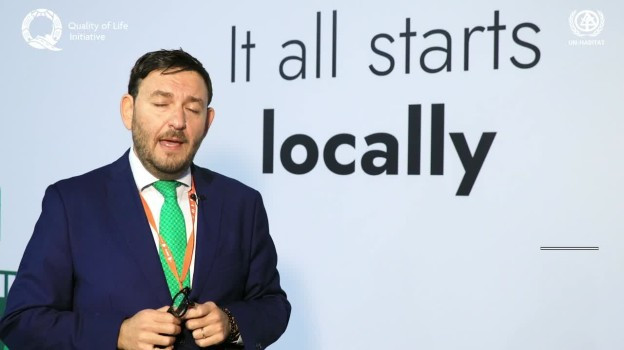
ZIMBABWE has been plagued by political instability for many years, and one of the main factors contributing to this is the presence of a powerful and entrenched mafia state. This criminal network has been able to exert significant influence over the country's politics and economy, which has had a major impact on its democratic institutions.
The concept of a "mafia state" is not uncommon around the world, although it may be known by different names or take different forms in different regions. Essentially, a mafia state is one in which organised crime groups have significant influence over government institutions and processes, and may even operate openly as part of the ruling party.
This can lead to a situation, in which corruption and criminal activity are rampant throughout the country, with little recourse for ordinary citizens.
Some examples of countries that have been accused of having elements of a mafia state include Russia, Ukraine, Nigeria, and Venezuela.
However, it is worth noting that this is a contentious and politically charged issue, and not everyone agrees on what constitutes a true mafia state.
A bit of characterisation
The mafia state in Zimbabwe is characterised by a few key features, including the use of violence and intimidation to maintain power, a lack of transparency and accountability in government affairs, and widespread corruption at all levels of society.
These factors have allowed the ruling elite to consolidate their control over the country's resources and institutions, while also suppressing dissent and opposition.
- Mavhunga puts DeMbare into Chibuku quarterfinals
- Bulls to charge into Zimbabwe gold stocks
- Ndiraya concerned as goals dry up
- Letters: How solar power is transforming African farms
Keep Reading
Let us explain the risks
One of the most serious risks posed by the mafia state in Zimbabwe is the erosion of democratic norms and institutions. Elections are often marred by violence, intimidation and fraud, making it difficult for opposition parties to gain a foothold in the political process. The media is tightly controlled by the government, and critical voices are often silenced or persecuted. The mafia often use their money and power to capture presidents and create puppet leaders, who shield them from the law and assist them in undermining democracy and rule of law.
Another risk is the impact on the economy. Zimbabwe's mafia state has been accused of siphoning off billions of dollars in public funds through corruption and illicit activities, depriving the country of much-needed resources for development and growth. This has contributed to the country's ongoing economic crisis, which has left many Zimbabweans struggling to make ends meet. For an example, Zimbabwe loses US$100 million a month to elicit mineral flows executed by the gold mafia and this amounts to nearly a US$1 billion a year against a background matric of 50% of the population living in absolute poverty and earning below the standard cost of living because of fiscal shortages and economic meltdown caused by the mafia’s looting.
Worse in its modus operandi directs the creation of a private sector led economy where government allows a free-market system to protect their profits and promote ruthless economic growth that the general citizens will not benefit from.
The mafia state in Zimbabwe represents a serious threat to the country's democratic future and economic stability. It will require a concerted effort from both domestic and international actors to address these issues and create a more inclusive and transparentpolitical system.
What could be done?
There are several steps that can be taken to dismantle the mafia state in Zimbabwe and restore democracy. The first step would be to conduct an independent investigation into the activities of the corrupt officials and expose their criminal network.
This would require a strong and independent judiciary and law enforcement agencies that are not beholden to political or financial interests.
Secondly, the international community should put pressure on the government of Zimbabwe to take action against the corrupt officials and implement reforms that promote transparency and accountability.
This could involve imposing targeted sanctions on individuals, who are involved in illegal activities or providing financial support to the administration.
Thirdly, civil society organisations, media outlets and other independent institutions should be strengthened to promote democratic values and hold the government accountable for its actions. This could involve providing funding and technical support to these organisations, as well as creating channels for citizens to voice their concerns and grievances. Ultimately, dismantling the mafia state in Zimbabwe will require a sustained and coordinated effort from all stakeholders to address the root causes of corruption and promote democratic values. This will not be an easy task, but it is essential if Zimbabwe is to secure a better future for its citizens.
Kanhenga is an intellectual and human rights activist who resides in Zimbabwe. He writes in his own capacity.











